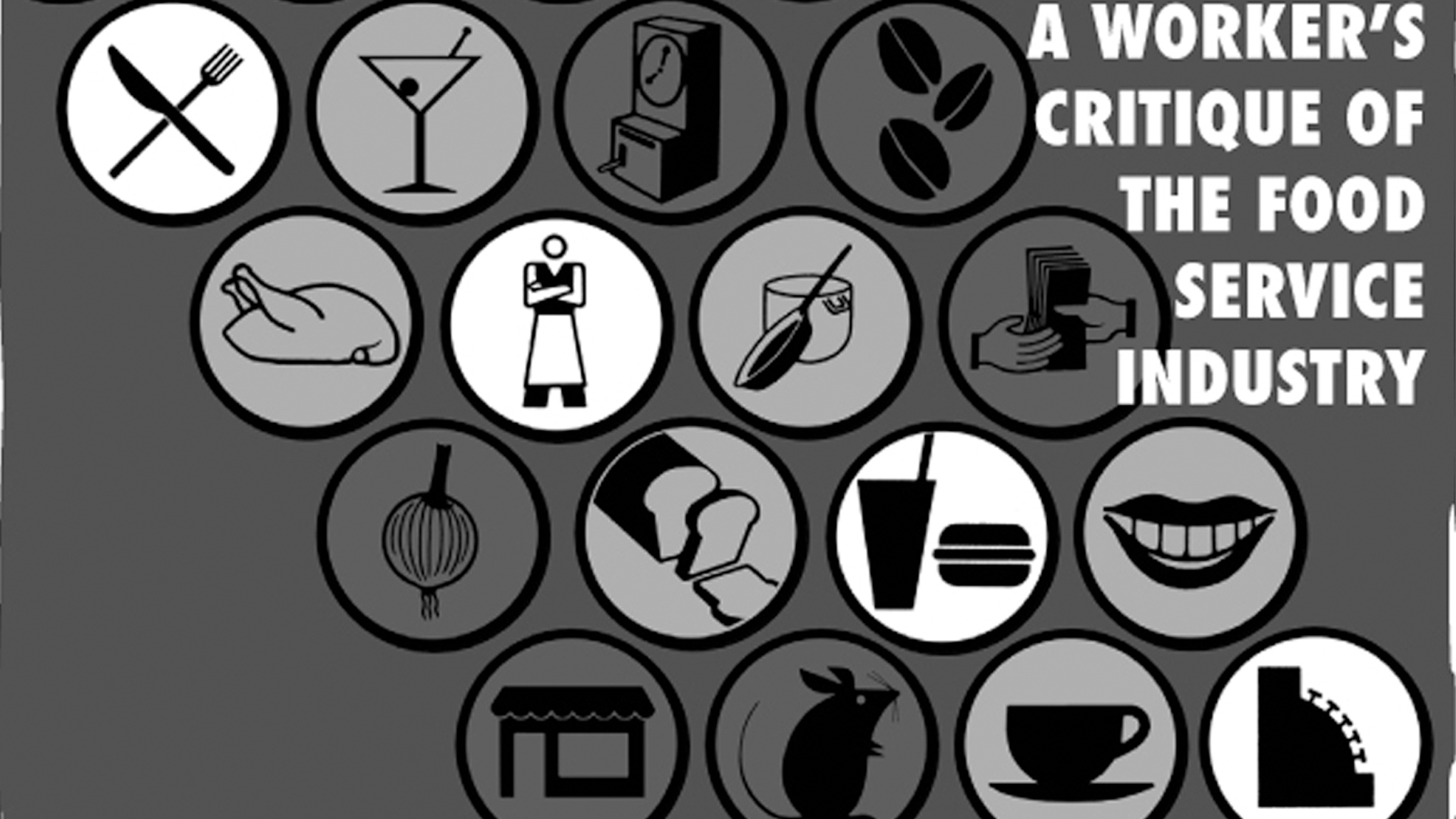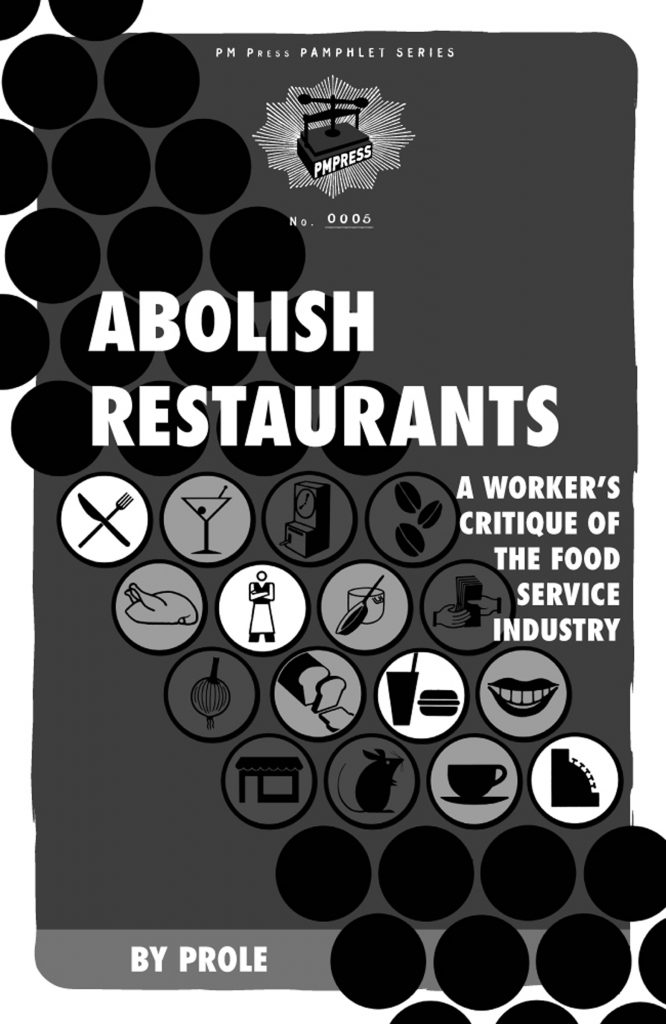by Brittany Shoot
Change.org
July 15, 2010
Take it from me: working in a restaurant can slowly drain your will to live. I did it on and off for years and take strange pride in knowing I could always fall back on it. (You’d think after grad school, I’d be done worrying about a fall-back plan, but that’s what growing up poor and a recession will do to you.)
I can balance an unusual amount of things on my hands and arm while running up a flight of stairs, and I can cut the foil and open a bottle of wine without even looking. I waited on a few celebrities in a Boston bistro and quit a country club waitressing job by leaving a photograph in the pocket of the French maid/pilgrim uniform apron that depicted my gay best friend, standing 6’2″ with bleached blond hair, wearing said uniform. I once put an undocumented dishwasher from the kitchen staff at our sushi joint on a bus headed for another state with a Spanish-language Bible and a sack lunch I’d given him for the road. My time in restaurants, as both an employee and a patron, has been as varied and interesting as it gets.
But would I trade all the enriching experiences for something else? Hard to say. I’ve worked 14-hour shifts on my feet, nearly unable to walk, and developed persistent hacking coughs from being stationed in the smoking section. I’ve fallen in kitchens enough times to warrant medical attention and face lifelong back problems as a result of ending up flat on my back in a puddle of cola one too many times. I can even attribute an abusive relationship to working in a cafe, since that’s where the scumbag picked me up. I’ve received at least as many tips in the form of change as I have $20 bills from entirely forgettable people who nevertheless took pity on me. Restaurants … I love you, I love you not.
The new pamphlet from the always informative and thought-provoking PM Press, Abolish Restaurants: A Worker’s Critique of the Food Service Industry, makes more widely available a 60-page illustrated guide (pdf) originally published by prole.info. The pamphlet chronicles the history of restaurants from France in the 1700s to what a cafe staff tolerates today: the same songs, the same tacky decorations, the same customers — who, for instance, become so etched in your mind that to this day, I can remember a couple from ten years ago, where they sat and what they ordered.
Also considered are the relationships between aristocracy and personal chefs — and today, seemingly average middle-class families who nevertheless outsource their food preparation, as well as the food service industry’s relationship to capitalism, urban growth and the industrial revolution. Most interesting to me are the sections that explore stress and health: how restaurant work comes in waves, rather than a steady rhythm, and how food service employees are almost always forced to eat only when everyone else has been served.
The entire booklet is enthralling, perhaps especially so if you don’t already know what goes on behind the scenes for underpaid, non-unionized restaurant workers in the United States. In the end, a restaurant-free world is hypothesized — though to be fair, we’ve got a number of low-wage jobs to toss out if restaurants are going to get the boot. Still, if you’re still not convinced, I’ll leave you with the following quote for consideration:
All the restaurants that have had flowery write-ups in the newspaper, that serve only organic, wheat-free, vegan food, that cultivate a hip atmosphere with suggestive drawings, still have cooks, waiters and dishwashers who are stressed, depressed, bored and looking for something else.
Indeed.
Brittany Shoot is a freelance writer, editor and critic. She’s one of the editors of the Feminist Review blog and a frequent contributor to a variety of progressive publications.







